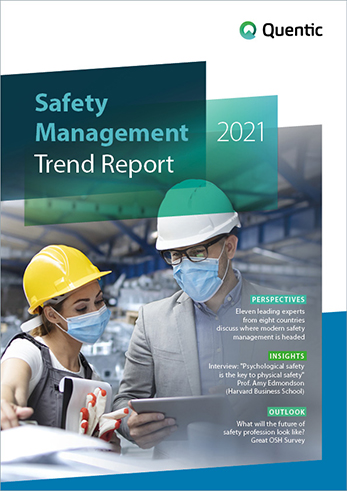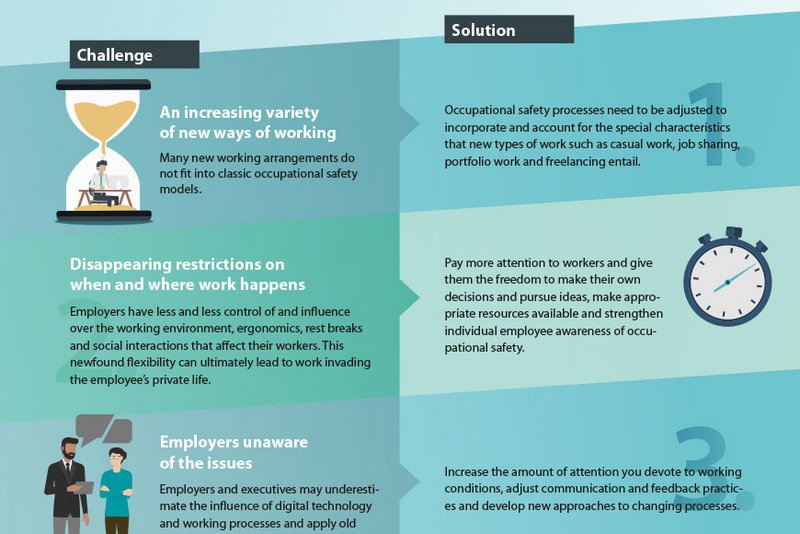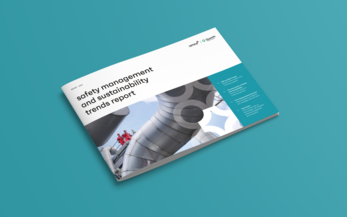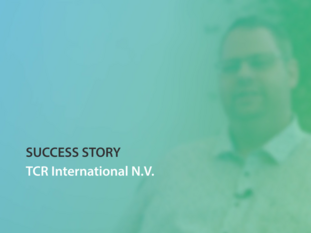Flexible working needs to be well structured
Dr. Tisch, you lead a research group examining the changing world of work. For a great many employees, there has been a very abrupt change in this regard in the last year. The coronavirus crisis suddenly required them to be very flexible. So, should occupational safety professionals and executive managers take up the cause of flexible working in 2021?
I think it is now very important that we place particular emphasis on occupational safety and turn this crisis into an opportunity. Alongside all the benefits that flexibility offers employees, we also need to adequately counter the risks involved. Clear regulations are therefore vitally important. Our research shows that flexible working is structured better in economic and organizational terms when there are clear regulations and authoritative agreements in place. Employees work less overtime, while breaks and rest periods are adhered to more closely. This is not the case where such regulations are not in place.
Many surveys also show that the majority of employees would like to continue working from home after the pandemic, either entirely or part time. In light of this, would you say that putting corresponding regulations in place should be a priority?
Yes and no. This is certainly something that occupational safety needs to address; however, surveys also show that employees feel that a clear division between work and private life is just as important. This needs to be well structured as it can otherwise result in boundaries dissolving and employees getting too little rest. At the same time, we must not forget that this is, to some extent, a privileged discussion. Spare a thought for the many employees who do not have any flexibility in where or when they do their job. It is important that we find new ideas and approaches for these people, too, to help relieve the strain on them.






